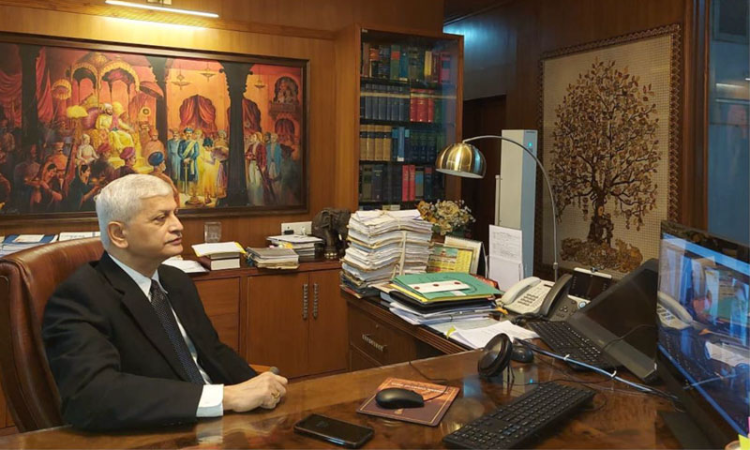Free Legal Aid Doesn't Mean Poor Legal Aid, Must Mean Quality Service : Justice UU Lalit
LIVELAW NEWS NETWORK
27 March 2022 10:38 AM IST

To augment the quality of services of legal aid, Justice Lalit said that it was important to induct talented persons.
Next Story


